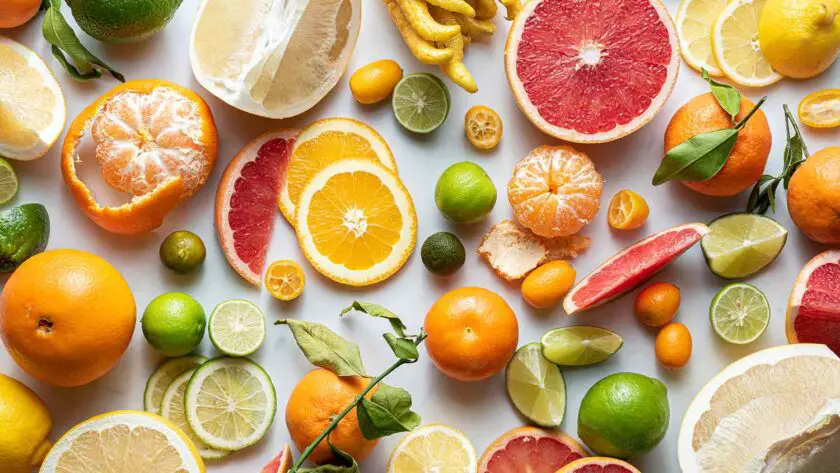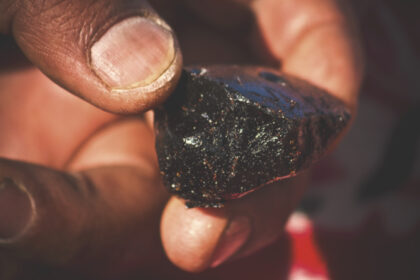There are many categories of fruits. Berries, melons, citrus fruits and more! Today we’re focusing on the nutritious power and potential of citrus fruits.
Citrus fruits like oranges, lemons, oranges and grapefruits, and limes are excellent for liver health due to several key reasons:
1. Rich in Vitamin C: Citrus fruits are packed with vitamin C, which is a powerful antioxidant that helps neutralize harmful free radicals in the body. This antioxidant activity can protect liver cells from damage caused by oxidative stress.
2. Promotes Detoxification: Citrus fruits contain compounds like flavonoids and limonoids, which stimulate liver enzymes and support the liver’s natural detoxification processes. This helps the liver break down toxins and metabolic waste products more effectively.
3. Aids in Digestion: Citrus fruits are rich in dietary fiber, especially in their pulp and membranes. This fiber supports healthy digestion and helps prevent constipation, which can indirectly benefit liver function by reducing the workload on the liver.
4. Reduces Fat Accumulation: Some studies suggest that compounds found in citrus fruits, such as naringenin and hesperidin, may help reduce fat accumulation in the liver. This is particularly beneficial in preventing or managing conditions like non-alcoholic fatty liver disease (NAFLD).
5. Boosts Immunity: Vitamin C plays a crucial role in immune function, and a healthy immune system is essential for overall liver health. By consuming citrus fruits regularly, you can support your immune system and indirectly benefit liver function.
Lemons & Limes Support Intracellular Hydration:
Limes and lemons are citrus fruits known for their refreshing taste and nutritional benefits. They contain several electrolytes that are important for maintaining proper fluid balance, nerve function, and muscle contractions in the body. Here are the main electrolytes found in limes and lemons:
1. Potassium: Limes and lemons are good sources of potassium, an essential electrolyte that plays a key role in regulating blood pressure, supporting muscle function, and maintaining proper fluid balance within cells.
2. Calcium: While not as high as in some other fruits, limes and lemons also contain calcium, which is crucial for maintaining strong bones and teeth, as well as supporting nerve signaling and muscle function.
3. Magnesium: Limes and lemons provide small amounts of magnesium, another important electrolyte involved in hundreds of biochemical reactions in the body. Magnesium supports muscle and nerve function, helps regulate blood sugar levels, and contributes to bone health.
4. Phosphorus: These citrus fruits also contain phosphorus, which is essential for forming strong bones and teeth, producing energy (as part of ATP), and maintaining proper kidney function.
5. Sodium: While limes and lemons are not significant sources of sodium, they do contain trace amounts of this electrolyte. Sodium plays a crucial role in fluid balance, nerve function, and muscle contractions.
Including limes and lemons in your diet can contribute to your overall electrolyte intake, especially potassium, which is abundant in these fruits. However, it’s important to note that the electrolyte content may vary slightly based on factors such as the variety of the fruit and its ripeness. Incorporating a variety of fruits and vegetables into your diet ensures a balanced intake of electrolytes and other essential nutrients.
Incorporating a variety of citrus fruits into your diet, such as consuming whole fruits, drinking fresh juices (without added sugars), and using citrus zest in cooking, can provide these liver-supporting benefits. However, it’s important to maintain a balanced diet overall and consult with a healthcare professional for personalized advice, especially if you have existing liver conditions or concerns.
Add Radiate 21 To Your Diet For Intracellular Hydration:
Radiate 21’s inclusion of lime, lemon, and orange extracts brings a refreshing burst of flavor to the formula while offering essential electrolytes crucial for intracellular hydration. Electrolytes like potassium, calcium, and magnesium play a vital role in maintaining fluid balance within cells, ensuring optimal cellular function. Lime, lemon, and orange extracts are natural sources of these electrolytes, making them ideal additions to a hydration-focused formula like Radiate 21.
Moreover, these citrus extracts contribute to liver health and function, aiding in the metabolism of fats. The liver plays a central role in processing nutrients, including fats, and converting them into energy or storing them for later use. Compounds found in lime, lemon, and orange extracts support the liver’s detoxification processes, helping to remove harmful substances from the body and promoting overall metabolic efficiency.
By combining hydration-enhancing electrolytes with liver-supporting properties, Radiate 21 not only quenches thirst but also promotes holistic wellness. Whether enjoyed during workouts, outdoor activities, or as a daily refreshment, Radiate 21’s formulation underscores the importance of balanced hydration and metabolic health, offering a flavorful and functional beverage option for health-conscious individuals.
Click here to visit Radiate21.com today.





